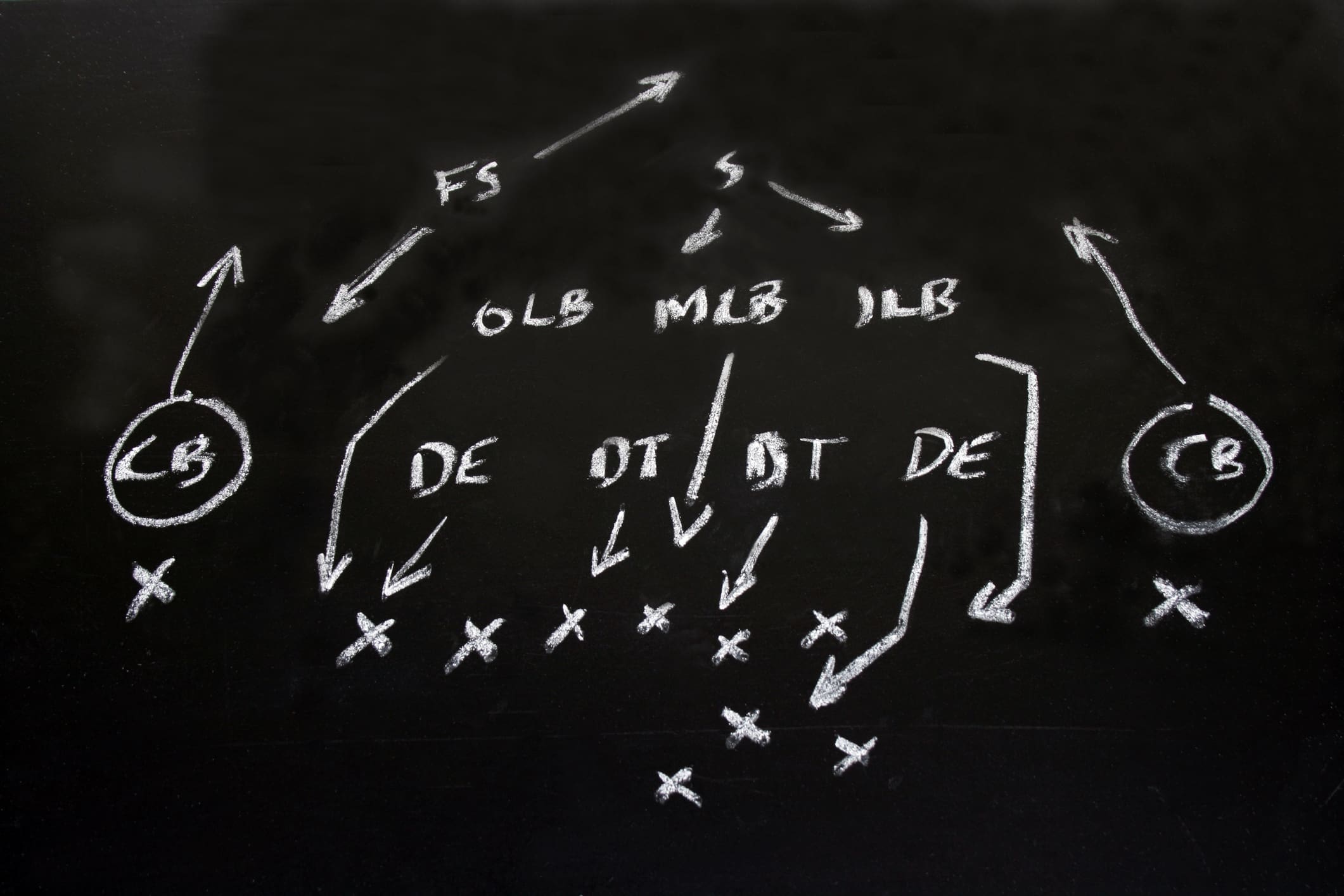Lots of people define a high performing team as a team that is (a) tight knit, (b) laser focused, and (c) has supportive processes that enable any member to breakthrough barriers to achieve a goal. I would say that is true for technical teams, with one notable caveat – high performing technical teams understand the business in which they operate. In my view, you cannot have a high performing team unless that team is deeply engaged in the functions and inner workings of the business.
To be honest, companies have always labeled technical resources as “computer guys” which has become a bit of a depreciatory term for technical people. One that is earned, I’ll admit, from the early days where technical people acted like what they did for a living was magic, that only the smartest people on earth could do, and they took great strides to make others feel stupid or lesser than for not understanding such a critical component to business success. Today’s technical resources are dynamic and strive to develop tools and technologies that enable people to work faster and with greater precision than they would have otherwise.
But the business needs to engage in the inner workings of technology as well, especially at the executive level. High performing teams in technology and security require respect for their disciplines, and that comes from the top. Executives should treat their technology and security teams like the fire department instead of the police – with the difference being, rarely does the mayor ever get on a high horse about how fires should be fought. Firefighters are trusted to do their jobs and know their craft. Police on the other hand; everyone thinks policing strategy is easy and rarely is a leader of police department allowed to operate from a position of trust. High performing technical teams require this trust in order to remain a part of your organization. Members of those teams have choices, lots of choices. So your high performing talent can find happiness elsewhere. The business must work at ensuring all people are valued and respected and feel that way in order to create a stickier high-performance culture.
Specific to technical personnel, high performing teams should be:
- Diverse – both in backgrounds and ways of thinking. High performing teams rarely get in a boat the same way from the same spot. But different ideas are what help them figure out how to row together.
- Immersed – I like to make sure all team members, from the intern to the senior VP understands every facet of the business they are working in. How is the sausage made? Who gets the meat? Who is responsible for the recipe? Who makes sure it tastes good? Who ships it out to where it should go? Who sets the price? Etc. While none of these questions have anything to do with technology directly, indirectly understanding these things enable a technologist to support the business completely with knowledge of what that business truly needs in the back of their minds. Immersed employees get it right the first time, because they understand why, who, where, how, and not just what.
- Disciplined – High performing technology teams are highly disciplined, with each member understanding the importance of maintaining standards and well-defined processes. A technologist who is not a fan of documentation will never be a high performer because high performing technologists thrive on sharing their methods and ideas with others. High performing technologists always prefer standards over shooting-from-the-hip, knowing full well that with unpredictable results come unpredictable rates of failure. Discipline also enables high performing teams to develop redundancies that help people pick up the slack when someone is unable or unavailable to do a specific task. Specializations are important, but when high performing teams collaborate openly the ability to share workloads and ideas can move mountains.
- Tight knit – High performing teams are always tight knit. They go to lunch together; they often converse outside of work. They develop a camaraderie that further expands both their spheres of influence with each other and their ability to trust. High performing teams get the job done no matter what because one individual cannot be allowed to fail. The best leaders foster this in their high performing teams, not as a supervisor, but as a member who is a consistent part of that micro-culture.
- Celebrated – High performing teams require recognition. Why? Because part of their nature as individuals is to go above and beyond what is asked to provide breakthrough outcomes. When that is your focus, validation of your success becomes part of what motivates you. In this, I am not saying cheesy award ceremonies and certificates are what high performing teams need. I am talking about more opportunities for them to leverage the previous 4 traits in tandem. Team dinners, off-site events, team building exercises, shout-outs on company calls, etc. are examples of the kind of celebration that keeps high performing teams going. Of course, compensation does not hurt.
###


Streamlining Security in a Product Shop


The ’53-Man’ Roster for Security (Part 3 of 3)


The ’53-Man’ Roster for Security (Part 2 of 3)


The ’53-Man’ Roster for Security (Part 1 of 3)


Dear Congress, We need a privacy law.



